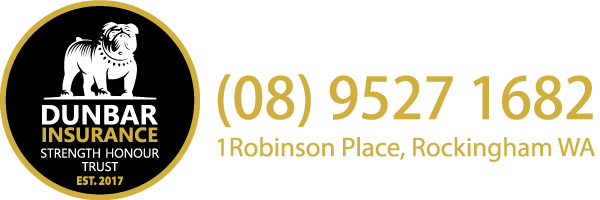Business Interruption Insurance
What is Business Interruption Insurance?
If your business suffered an unexpected disruption, such as a fire, flood or storm, or a major supplier closes because of one of these events, how long would it take to get it up and running again? And how much would you lose along the way?
Business interruption insurance can help make sure your business keeps running smoothly after an unexpected event, by covering the turnover that is lost – so you can recover and rebuild.
Who should consider it?
For most business owners there are ongoing expenses that you need to pay even if you’re not generating any revenue – like staff wages, supplier invoices, rent or loan repayments.
Business interruption insurance can get you through a temporary crisis by protecting your cash flow – so you can pay these expenses and ensure the future of your business.
Did you know?
It's estimated that natural disasters cost Australia $11 billion on average each year
(Actuaries Institute, The cost and funding of natural disasters in Australia - current position paper draft for discussion, 2016)
The top two risks to businesses around the worlds are extreme weather events and natural disasters.
(Fortune, 'These Are the Biggest Risks for Businesses in 2018, According to the World Economic Forum,' 2018)
While most companies insure their building and contents against disasters like fire, theft and storms, many neglect to insure for the interruption to their business caused by these events
(Australian Federation of Travel Agents "Do you have business interruption insurance?" 2018)
What can it cover?
Business interruption insurance can cover the loss of any sales you would have made while your business is out of action – plus any extra cost you incur to stay open.
Depending upon the policy, business interruption insurance can cover:
| TYPE OF COVER | POTENTIAL BENEFITS |
|---|---|
| Revenue/Income | Income that would have been earned during the period the business cannot operate |
| Fixed Costs | Operating expenses and other costs still being incurred by the property (based on historical costs) |
| Temporary Relocation | The extra expenses for moving to, and operating from, a temporary location |
| Extra Expenses | Reimbursement for reasonable expenses (beyond the fixed costs) that allow the business to continue operating while the property is being repaired |
| Civil Authority ingress / Egress | Government-mandated closure of business premises that directly causes loss of revenue such as street closures |
What usually isn’t covered?
Exclusions, the excess you need to pay and limits of liability can vary greatly depending on your insurer. In order to claim under a business interruption policy, the loss has to arise from damage to property (buildings, stock an contents) which was insured and the damage to property has to be claimable under that policy. Business interruption Insurance is subject to the same exclusions as those in the policy covering buildings, stock and contents
Important Note
The information is provided to assist you in understanding the terms, implications and common considerations in business interruption insurance. It does not constitute advice, and is not complete, so please discuss the full details with Dunbar Insurance.

